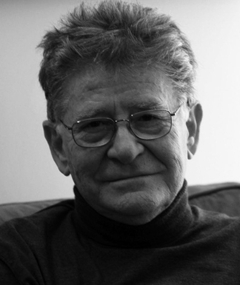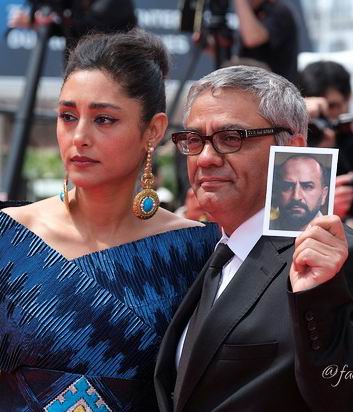|
|
| Welcome to Online Film Home! |
|---|
|
|
|

Olmi, Ermanno |
Date of birth
July 24, 1931, Treviglio, Lombardy, Italy
Ermanno Olmi (July 24, 1931, Bergamo, Italy )
Though not among Italy's most internationally renowned filmmakers, Ermanno Olmi ranks as one of his country's finest.
He is known for making realistic films about the lives of average people that are infused with an almost austere subtlety and rare ambiguity that is sympathetic yet not overly sentimental.
A native of Bergamo, Italy, he was the son of peasant factory workers. Following his father's death during WWII, Olmi and his mother supported the family working in the Edison-Volta electric plant where Olmi worked as a clerk.
"...our wars of machines and technology make 'progress' ever more impersonal and deadly - a 'progress' that has not guaranteed man's human, moral, and civil growth."
While there, he became involved in company-sponsored filmmaking and theatrical projects. Most of the films he made for the company had industrial themes.
Eventually, he came to head the company film department and over the next seven years made many documentaries, notably his last Edison-Volta film, Il Tempo Si E Fermato (Time Stood Still), in 1959.
It was with this film, a chronicle of the relationship that gradually developed between an elderly nightwatchman and his assistant while stationed at the construction site of an Alpine dam, that evidenced the sensitivity that would characterize Olmi's later works.
The success of the film led Olmi to become a feature filmmaker. To that end, he traveled to Milan and co-founded the Twenty-Four Horses, an independent film co-op where he made his semi-autobiographical feature-film debut with Il Posto in 1961.
Both this and his subsequent effort, I Fidanzati (The Fiancés) (1963), quickly earned him a good reputation and led him to make his one mainstream film, And There Came a Man (1965), an epic biography of Pope John XXIII.
Unfortunately, this film -- the only one in which he did not use nonprofessional actors -- was a box-office flop and after making one more feature, Olmi became a television director.
He did not make another feature until 1978. The film was The Tree of Wooden Clogs, a complex interweaving of the lives of five peasant families struggling to survive, and is considered Olmi's finest work. ~ Sandra Brennan, All Movie Guide
Selected filmography of
Olmi, Ermanno
2005
Tickets (2005)
1978
The Tree of Wooden Clogs | L'Albero degli zoccoli (1978)
|
|
|
|

Cannes 2024 |
Choose an item to go there!
|
| |
|
|

